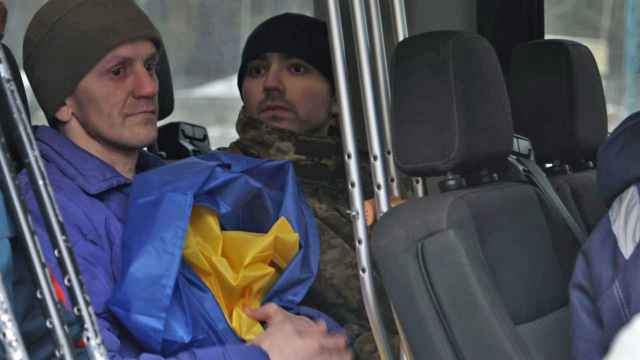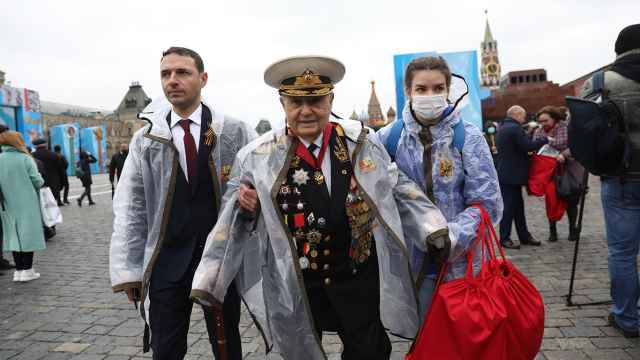PRAGUE — Germany made a "big mistake" that will cost the country hundreds of millions of euros by giving up nuclear power, said Sergei Kiriyenko, chief executive of Rosatom.
"We regret the German government's decision," he said in Prague on Monday. "It's a big mistake, especially for Germany."
Rosatom is seeking subcontractors to replace Siemens, which scrapped plans to return to the industry after the German decision in the wake of this year's meltdown in Fukushima, Japan. The Russian company is deepening ties with Alstom and Rolls-Royce Holdings, and courting Czech companies such as Skoda and Vitkovice Machinery Group, Kiriyenko said.
It plans to build 30 reactors in Russia and about the same abroad by 2030, he said. That will be possible only if Rosatom builds long-term strategic partnerships, said Kiriyenko, in Prague to meet Prime Minister Petr Necas and attend a suppliers' forum.
Rosatom unit Atomstroiexport is competing with Areva and Westinghouse Electric to build two reactors at CEZ's Temelin power station in the Czech Republic. Kiriyenko, who met yesterday with CEZ chief executive Daniel Benes, said the Russians would create as many as 25,000 Czech jobs if they win the contract.
"Should the Temelin tender be decided on purely geopolitical considerations, we don't stand a chance because the U.S. is a more important partner for the Czechs now," he said. "But I think pragmatism will be the main criterion."
The contract, which state-controlled CEZ plans to award in 2013, will probably include an option for at least one more reactor at the Dukovany power plant. Rosatom is ready to help CEZ co-finance the Dukovany facilities if needed, Kiriyenko said, adding that the government has not sought any assistance.
A Message from The Moscow Times:
Dear readers,
We are facing unprecedented challenges. Russia's Prosecutor General's Office has designated The Moscow Times as an "undesirable" organization, criminalizing our work and putting our staff at risk of prosecution. This follows our earlier unjust labeling as a "foreign agent."
These actions are direct attempts to silence independent journalism in Russia. The authorities claim our work "discredits the decisions of the Russian leadership." We see things differently: we strive to provide accurate, unbiased reporting on Russia.
We, the journalists of The Moscow Times, refuse to be silenced. But to continue our work, we need your help.
Your support, no matter how small, makes a world of difference. If you can, please support us monthly starting from just $2. It's quick to set up, and every contribution makes a significant impact.
By supporting The Moscow Times, you're defending open, independent journalism in the face of repression. Thank you for standing with us.
Remind me later.





